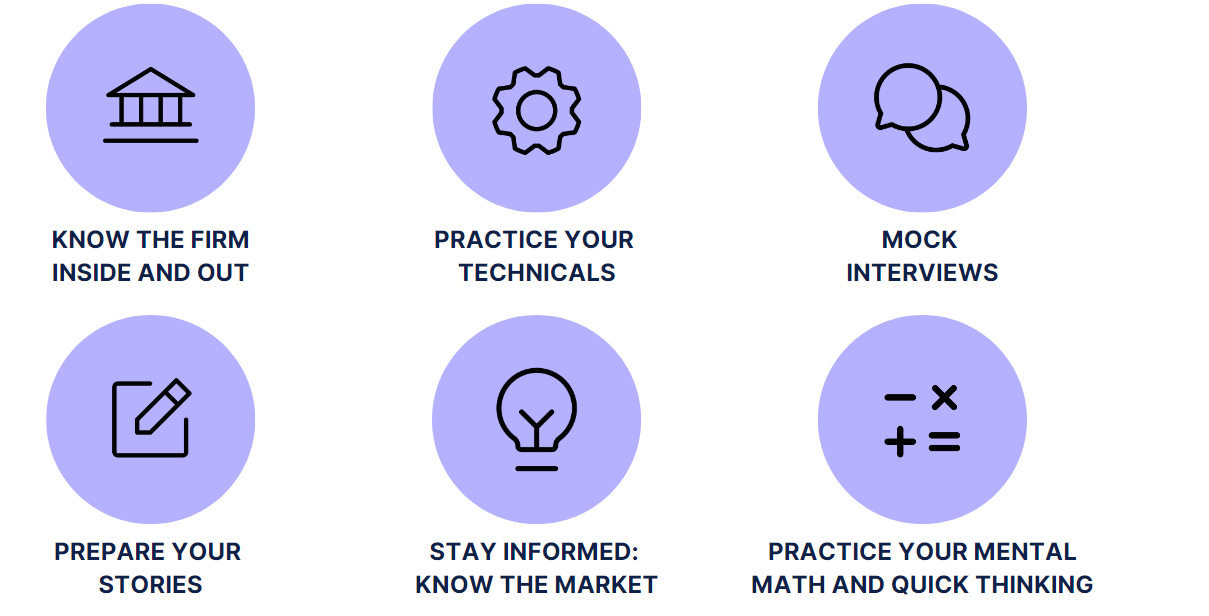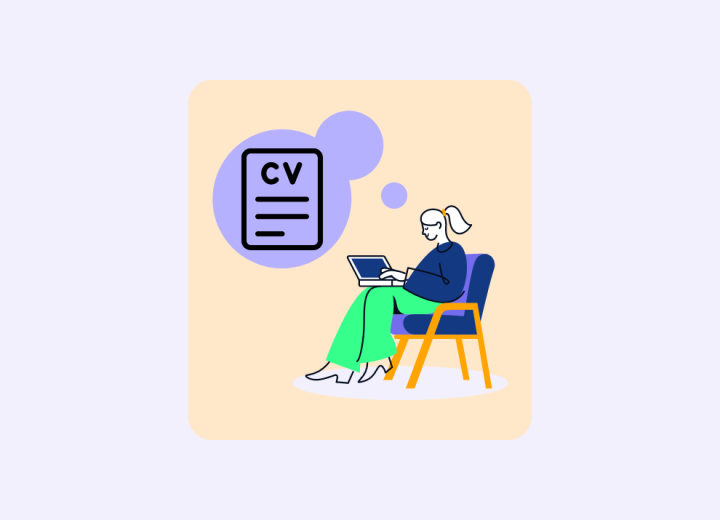If you've made it to the Superday in the investment banking recruitment process, congrats! You've crossed some serious hurdles. But before you pop that champagne, let's talk about what's next: the Superday itself. This is the final boss battle, the last leg of the marathon, the...well, you get it. Superday is intense, competitive, and could determine whether or not you land that dream job in investment banking.
So, what exactly is Superday? How do you prepare? What should you expect? And most importantly, how do you make sure you're the one left standing when the dust settles? Buckle up, because we're about to dive deep into everything you need to know.








